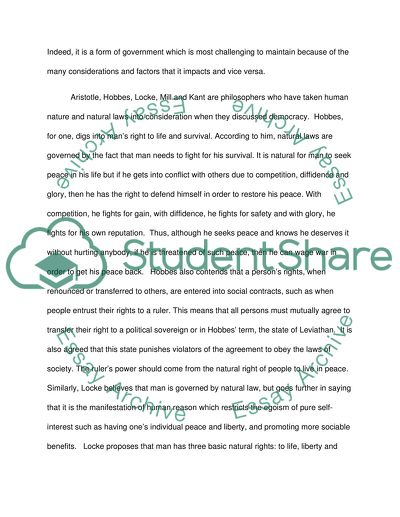Cite this document
(“A Cornucopia of Views on Democracy Essay Example | Topics and Well Written Essays - 1500 words”, n.d.)
A Cornucopia of Views on Democracy Essay Example | Topics and Well Written Essays - 1500 words. Retrieved from https://studentshare.org/philosophy/1469376-essay
A Cornucopia of Views on Democracy Essay Example | Topics and Well Written Essays - 1500 words. Retrieved from https://studentshare.org/philosophy/1469376-essay
(A Cornucopia of Views on Democracy Essay Example | Topics and Well Written Essays - 1500 Words)
A Cornucopia of Views on Democracy Essay Example | Topics and Well Written Essays - 1500 Words. https://studentshare.org/philosophy/1469376-essay.
A Cornucopia of Views on Democracy Essay Example | Topics and Well Written Essays - 1500 Words. https://studentshare.org/philosophy/1469376-essay.
“A Cornucopia of Views on Democracy Essay Example | Topics and Well Written Essays - 1500 Words”, n.d. https://studentshare.org/philosophy/1469376-essay.


